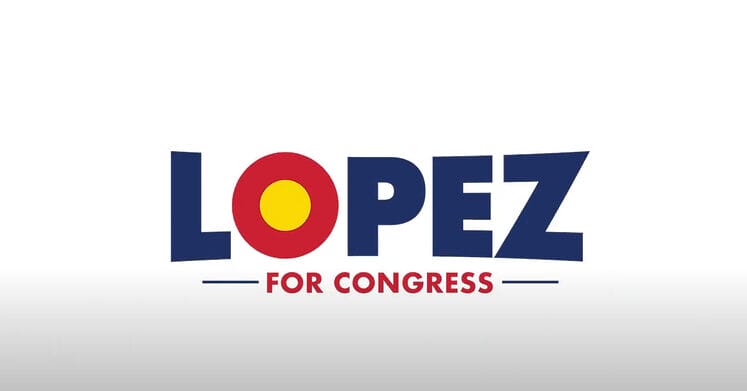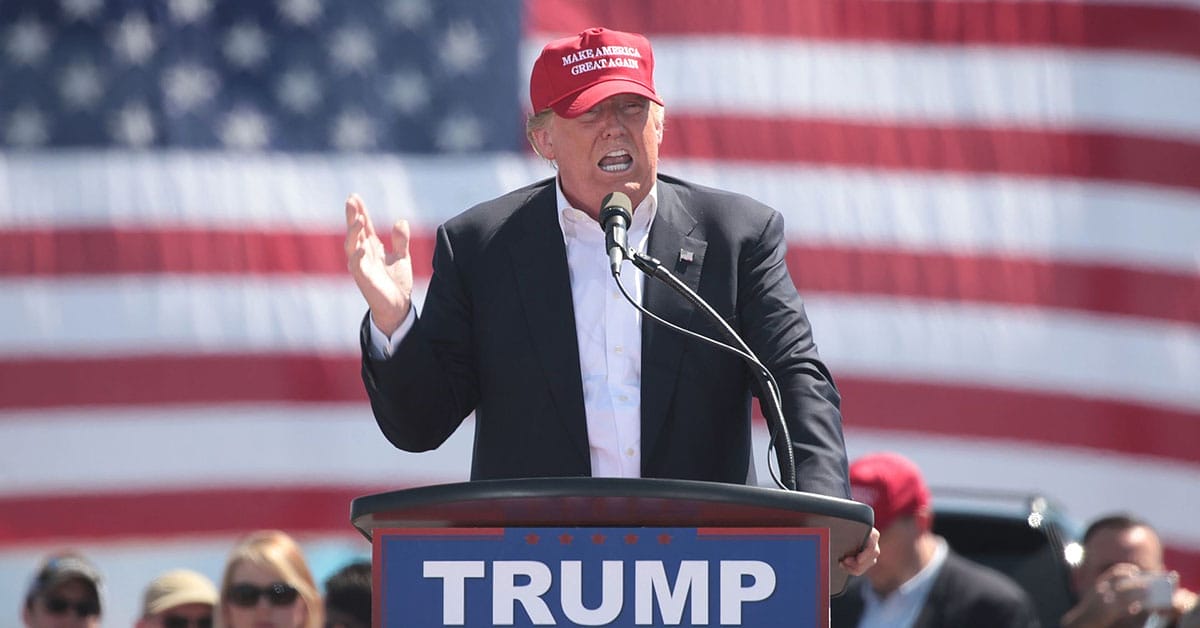When Trump took office one of the things he promised was to reduce regulation. He promised to cut two regulations for every new one that was created. He is quoted in a New York Times article dated February 23rd, 2018 telling the annual Conservative Political Action Conference. “…it is my opinion that the regulations had as big an impact as these massive tax cuts that we have given.”
As a small business person, I can tell you, he is right. There is so much regulation an entire industry has been developed around compliance. Books have been written about running afoul of the unknowable volume of regulation. The book most often sited is Three Felonies A Day: How the Feds Target the Innocent by Harvey A. Silverglate. Much of the regulation is regulation just for the sake of regulation. It makes no sense and has no real purpose at best, at worse it makes situations worse. I often say people see regulation as the fences and feel protected. They feel there are controls and that the sheepdogs are on guard. What they do not understand is regulation is the fence that keeps them imprisoned and creates capricious tyranny.
The New York Times article goes on to try to debunk the presidents claim that he has indeed cut regulations. Again, as a small business person, I can tell you the president has cut regulation and it is making a significant difference.
Much of the regulatory reduction goes quietly unnoticed because it is invisible to people who do not run businesses and because regulation is decentralized. By that I mean, regulations are written narrowly for separate industries and businesses. If one is not familiar with an industry or business, you do not see all the regulation which impacts it. This is why there is not a giant push to eliminate vast amounts at once. The regulations impact groups that are too small to raise a large awareness. Collectively, the regulation puts a gigantic drag on our economy and creates soft tyranny.
Recently, the president signed a bill to protect small business owners from IRS seizures. This bill impacts businesses that deposit cash. This tends to be mostly small businesses like hair salons, nail salons, small grocery stores, convenience stores, tanning salons, restaurants, etc. Most small business people were not even aware that their bank accounts could be seized out of the blue by the IRS simply because they were making deposits under $10,000. The president signed the Taxpayer First Act (H.R. 3151) in July of 2019. It stops the IRS from seizing bank accounts for something called structuring without first showing evidence that the small business was laundering money or obtaining money illegally.
Normally, we see administrations simply use the regulatory bureaucracy to pick winners and losers or create more regulations as a knee-jerk reaction to an event that political types think will make them look effective. While the administration is not immune to some of this as we see in the unnecessary regulation created around bump stocks, for the most part, President Trump is making a difference.
As Trump quietly cuts the tentacles of tyranny, his support rises. The cost of compliance goes down and the fear of violating and unknown regulation subsides. Businesses are able to grow and employ more people and create. What better way to gain support for re-election industry by industry. One doesn’t have to agree with everything the administration is doing, but tearing down the fences of a massive tyrannical regulatory state is a step in the right direction.
Here is a shortlist of some of the regulations that have been eased or eliminated.
- EPA regulations on car manufacturers have been relaxed
- The president pushed for and signed the Right to Try Act which helps terminally ill patients try new drugs (CNN.com)
- A large area off the coast of New England has been opened to commercial sea scallop harvesting and increased flexibility for sustainable catches of bluefin tuna and shark has been given (Heritage.org)
- Small businesses and sole proprietors can now join together as associations to purchase healthcare care coverage (Heritage.org)
- The red tape has been reduced or skilled nursing facilities hospitals and home health care providers (Heritage.org)
- Applications for small scale exports of natural gas, including liquified natural gas from U.S. export facilities have been streamlined (Heritage.org)
- The Economic Growth, Regulatory Relief and Consumer Protection Act eased burdens of harmful banking regulations imposed under Dodd-Frank that forced smaller banks to pass costs down to their customers (americansforprosperity.org)









Responses